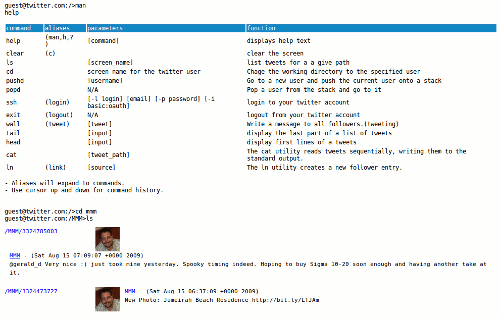 Access to the Internet has been expanding dramatically in the Middle East and North Africa over the past years. A new study by Euromonitor International provides some interesting general key indicators, as well as some indicators on the effect of this growth on the business environment, government and future prospects.
Access to the Internet has been expanding dramatically in the Middle East and North Africa over the past years. A new study by Euromonitor International provides some interesting general key indicators, as well as some indicators on the effect of this growth on the business environment, government and future prospects.
The following is a selection of some of the key points from the study:
- Internet access in the Middle East and North Africa has expanded rapidly since 2003, reaching 85.5 million users in 2008, or 5.2% of the world’s users (The study includes Iran in these numbers);
- Internet users in the region are typically under 35 years old and predominantly male, although there are indications that the digital gap between men and women is narrowing;
- The young profile makes Internet users a promising consumer market as they are more likely to be influenced by global consumer trends. The dominance of Arabic is an advantage as it allows addressing a wide audience in many countries;
- The spread of the Internet is part of a wider trend of growing access to media and communications in the region. In the 1990s and 2000s satellite TV systems and mobile phones became a standard household item even in poor countries in the Middle East;
- Judging by blogs, Internet users seek primarily content relating closely to their country, rather than regional issues. Thus, bloggers tend to cluster according to country with interests varying between politics, religion and culture;
- Online retailing offers consumers greater choice and convenience. Internet retailing is developing rapidly in the region, especially (though not exclusively) in the small Gulf states such as Kuwait and UAE. From international brand megastores offering electronics and entertainment products, to family-owned sweet shops, businesses are expanding their online presence to capture the growing market;
- Internet literacy improves chances in the labour market. In addition, the Information and Communications Technology (ICT) sector is growing across the Middle East and North Africa, providing employment opportunities in countries such as Jordan and Egypt, which suffer from high unemployment;
- Governments across the region are investing in e-government. According to a United Nations survey from 2008, UAE, Jordan, Kuwait, Saudi Arabia and Egypt all substantially improved their e-government services between 2005 and 2008, and their level of readiness was above the global average. New e-government services in Middle East countries included online consultation, forms downloading and submission, and online payments for government services.
Regional Focus: Growing Internet usage in the Middle East and North Africa











